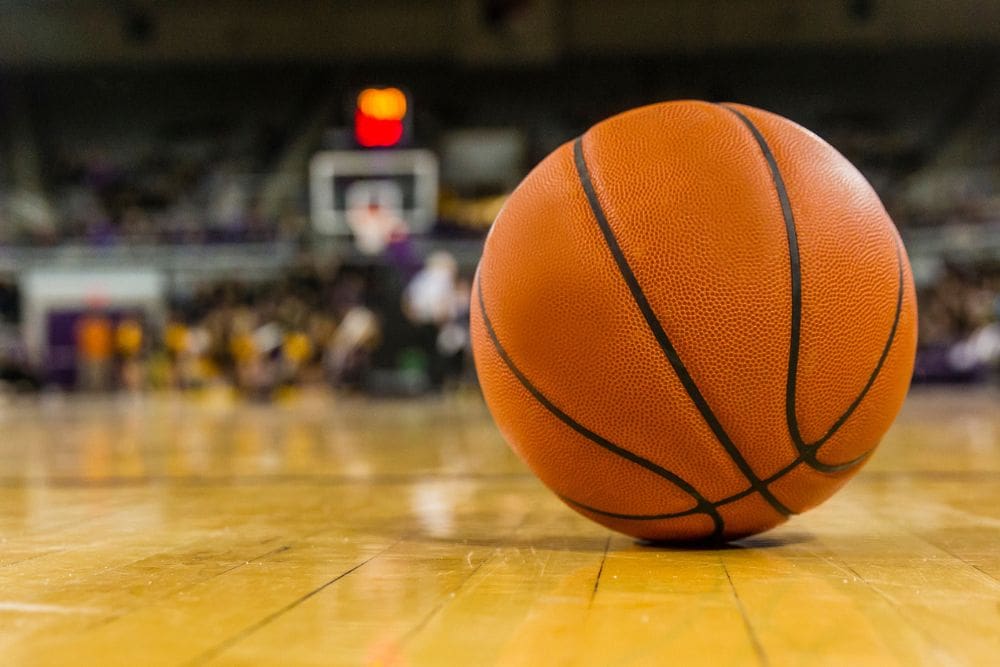Are you a basketball fan? There are lots of options out there to capture your attention. The NBA and the WNBA. Men’s and women’s college basketball. International competition. Various three-on-three leagues. Instructional leagues. Someone somewhere is putting a ball through a hoop pretty much all of the time.
Whether you are into the game or not, it turns out that basketball can serve as a good metaphor for recovery from a substance use disorder. So lace up those sneakers as we take a look at what we can learn from the game.
There Are Plenty of Ways to Succeed
A basketball team needs a good combination of skills to succeed—and that means no two players need to play the game exactly alike. Your quickest players with the best ball-handling skills are likely to be your guards. Your tallest players who can block shots or lay the ball in almost without jumping are going to be your centers. Strong players who can handle the ball but also don’t mind mixing it up with the opposition are likely to be your forwards.
When it comes to your recovery, it is important for you to approach it in a way that is likely to lead to success. Are you best served by attending multiple meetings a week? Great. Do you find success by focusing on your diet, exercise, and sleep routines? Fabulous. Are you an introvert who needs some alone time in addition to plenty of recovery support? That’s wonderful, too.
Whatever strategies work well for you in recovery, build on them the same way a basketball player works to hone their skills.
Different Moments Require Different Strategies
We have just encouraged you to build on your own successful strategies in recovery, but we also want to point out that sometimes you need to change things up.
Think of a basketball team that usually wins games by shooting a lot of three-pointers. Now, imagine that, for whatever reason, those shots just are not going in during a game. At some point, it will be time to change strategies if the team wants to find a way to win the game. That might mean more driving down the lane for easier buckets and to pick up fouls. It might mean doubling down on defense so your opponent can’t run up their score while you are trying to find your shot.
This sort of situation can arise in recovery, too. You might be cruising along with your usual approaches to recovery when all of a sudden, you are beset by cravings. Those cravings can put your recovery at risk, so it is important to be able to shift your strategy to address them—perhaps by calling a friend or employing a mindfulness technique known as urge surfing.
You Are Never Out There Alone
Okay, we admit that basketball is a game that can be played one-on-one. But generally speaking, it is a team sport—and that means you have the opportunity to get and to provide help to your teammates as the game develops.
When it comes to your recovery, your teammates are those who have had experiences similar to yours and who are pursuing the same goal you are. That’s the folks in your 12-Step or other recovery program meetings, for example. Each person at a recovery meeting knows what it feels like to struggle with a substance use disorder, to go through treatment, and to work to maintain their recovery over time. That means each person can get support and provide support during a meeting. That is the best kind of teamwork.
Your Coach Can Always Offer Some Advice
A basketball coach has to be good at teaching, at encouraging, and at admonishing if they are going to build a successful team and help each member of that team reach their individual potential. Often, a coach is a former player, so they know what it is like in the trenches.
Your sponsor, recovery mentor, or therapist might be like your recovery coach. These are people who can help you navigate your recovery and keep it moving in the right direction. They have things to teach you, they can encourage you when you face tough moments, and they can admonish you when you seem to be in danger of making bad decisions. In the case of a sponsor or recovery mentor, you know that your coach has been right where you are and wants to help you continue to succeed.
We Can Help You Get Back in the Game
Located in Meadville, Pennsylvania, French Creek Recovery Center helps individuals address substance use disorders and co-occurring mental health disorders like depression, anxiety, and issues grounded in trauma.
We provided personalized and evidence-based care that meets your specific needs. This includes a medically supervised detoxification program and a rehabilitation program that is built around group and individual therapy sessions. When your time in treatment comes to an end, we continue to provide support and resources to ensure you can begin your recovery journey confidently.
When you are ready to get back in the game without the influence of drugs or alcohol, we are ready to help you reach your goals and help you take back control of your life.

